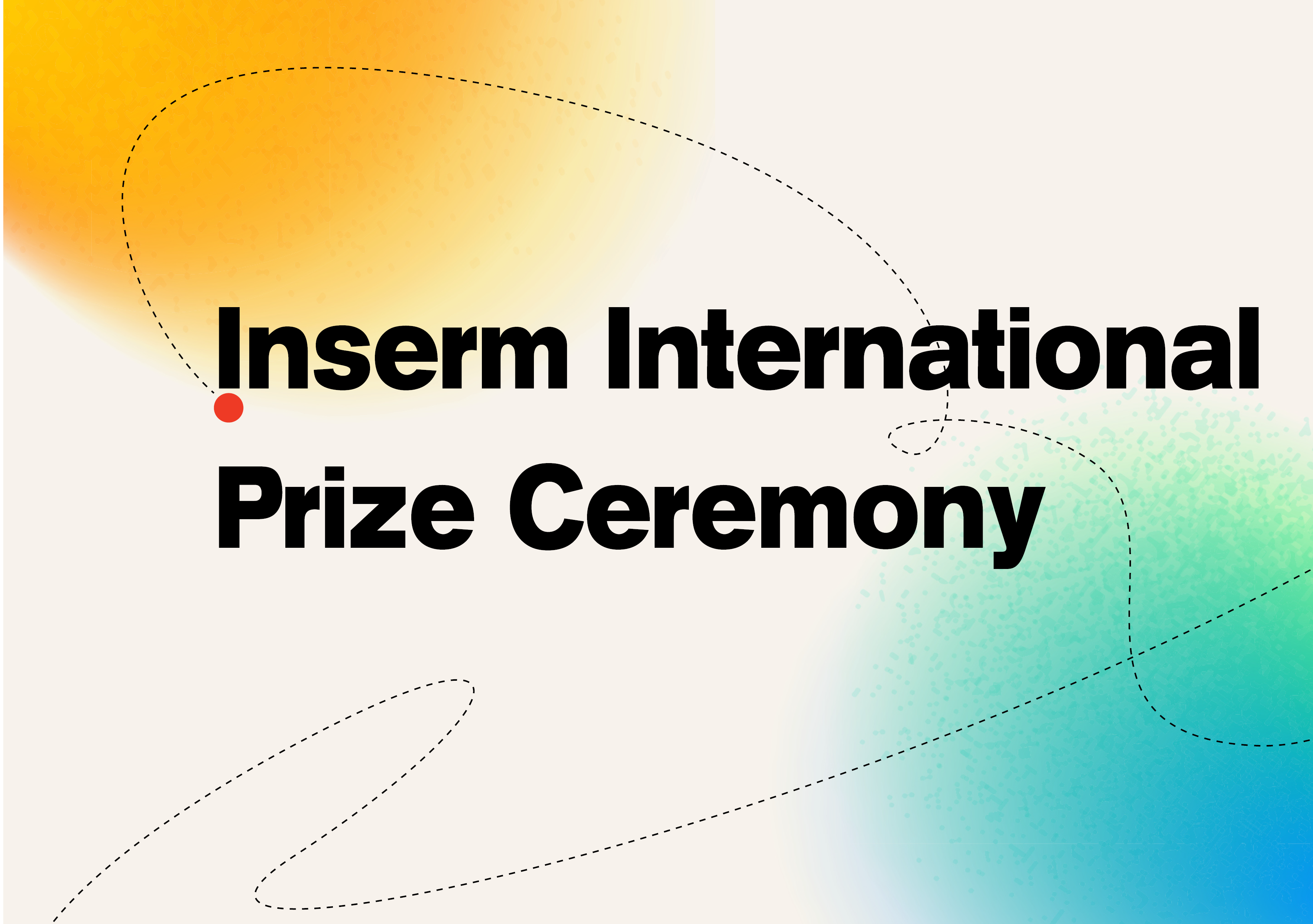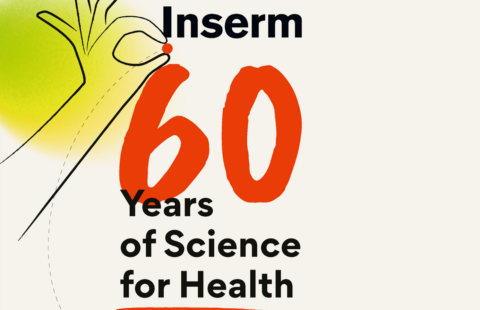
Inserm continues to highlight its international collaborations in health research. In 2025, the Institute will focus on its fruitful collaboration with its British partners. The programme includes a day of scientific and institutional exchanges to be held on October 27, 2025, at the French Residence in London, attended by Prof. Didier Samuel, President and CEO of Inserm, and numerous partner institutions. This event will also be an opportunity to strengthen and initiate cooperation with leading British scientific institutions and to present the 2025 Inserm International Prize to Charles Swanton, a renowned British researcher in the field of cancer.
Since its foundation in 1964, Inserm has been a key player in national and international biomedical research: it is the leading European research organisation dedicated to health and the second largest worldwide. In 2025, the Institute has chosen to highlight its scientific collaborations with the United Kingdom through a day of scientific exchanges on strategic topics such as the construction of large international patient cohorts, cancer research, biomarkers in mental health and antibiotic resistance.
The 2025 Inserm International Prize
Charles Swanton, a British cancer researcher and clinician, has been awarded the 2025 Inserm International Prize.
Deputy Clinical Director of the Francis Crick Institute in London, where he heads the Cancer Evolution and Genome Instability Laboratory dedicated to the evolution of cancers and genome instability, Charles Swanton is interested in the evolutionary history of solid tumours, the genetic processes that cause differences between cells within the same tumour, and the impact of this diversity on the effectiveness of the immune system and patient prognosis.
The 2025 Inserm International Prize recognises his commitment to Franco-British cooperation, particularly through its collaborative research with Inserm teams at Gustave-Roussy.
The United Kingdom, a long-standing strategic partner of Inserm
With an annual output of nearly 2,500 scientific copublications, the United Kingdom is Inserm’s second largest international partner.
Beyond publications, Inserm is involved in establishing cooperation agreements with several British partners on major health issues for both countries, such as links between climate change and health, mental health, antibiotic resistance and cancer. Some of these collaborations are covered by agreements that will be formalised on October 27.
This will notably be the case for cooperation in the field of cancer, where Inserm and University College London have decided to pool their talents in a joint virtual laboratory, or Joint Lab[i], dedicated to identifying precision medicine therapeutic strategies against solid tumours and sarcoma.
Four other cooperation agreements will also be signed:
- A First Step programme[i] with Imperial College London on fundamental research into ciliopathies;
- A First Step programme with the Francis Crick Institute dedicated to antibiotic resistance;
- An International Research Programme (IRP)[ii] with Imperial College London on the prevention of respiratory infections in children;
- A Memorandum of Understanding with Oxford University on the identification of biomarkers for precision psychiatry diagnostics.
For Professor Didier Samuel, CEO of Inserm, “through this event, Inserm reaffirms its commitment to ambitious research driven by a strong policy of international openness. The collaborations we are developing with the United Kingdom illustrate this dynamic: concrete partnerships, driven by a shared desire to bring together talent to transform science into solutions that benefit everyone’s health. This year marks a new stage in our relationship with our British partners, through unprecedented agreements and structuring projects. Finally, I am delighted to present the Inserm International Prize to Professor Charles Swanton, an internationally renowned clinician and researcher in the field of cancer. Through his approach, he has contributed to advancing personalised medicine in oncology: targeting not only the type of cancer, but also the genetic evolution of the tumour in a given patient. The future of healthcare lies in research and medicine working hand in hand to tailor treatments to each patient.”
[i] Joint Lab is an Inserm label awarded to long-term collaborations of excellence between an Inserm laboratory and a foreign partner laboratory.
[ii] A First Step programme is a tool designed to facilitate the implementation of exploratory research projects through global calls for projects on a wide range of potential topics. The aim of First Step programmes is to initiate collaboration between young Inserm researchers and a foreign team, thereby stimulating international cooperation in biomedical research.
[iii] IRPs are funding instruments created by Inserm to initiate or strengthen international scientific cooperation. Their purpose is to support existing or emerging partnerships by providing scientific projects of excellence and high potential impact, between two or more countries, with the means to establish their collaboration on a long-term basis.

